Esta entrada también está disponible en: Aragonés Català Español Français English
ARE YOU ECO?
Are you a lazy environmentalist or do you have a green thumb?
Find out right now with our green test:
Question 1: If you use the council bikes to go anywhere it is because:
- I love the feeling of not knowing if the brakes are going to work or not. The adrenaline rush is brutal.
- The planet comes first for me. There’s no planet B, you know?
- I can’t drive yet, I just want to drive everywhere.
Question 2: Electric scooters seem to you:
- [Idiots]. You wouldn’t be seen riding them if you were dead.
- If they’re good for the planet, they’re good for me. There’s no planet B, you know?
- I’m saving up to buy one while I wait to get a car.
Question 3: What do you think of paper straws?
- I hate them with all my might, they always break in the middle of the slush and then you can’t drink the last drop. To hell with the planet, I want my slush!
- If they’re good for the planet, they’re good for me. There’s no planet B, you know?
- I understand them, but I do not share them. I’ve ended up carrying my own metal straw in my pocket. Sometimes, when I take my keys out to get into the house, I drop it and my neighbor’s dog licks it and then all my drinks taste like dog slobber, but at least I don’t use plastic.
Majority of a, b and c:
No matter what you got in the test, get your act together on the subject of the environment, otherwise we’re going to end up living in space stations outside the Earth because it will be destroyed, which may sound cool to you right now, but I tell you that you only have to watch that series on the 100 to know that those people have ended up loony for never being outdoors. You can start by finding out when sustainability day is celebrated and what the slogan “One Earth” is, just read on!
Description
World Environment Day is now fifty years old: it has been celebrated since 1973. The previous year, the Stockholm Conference, with the slogan “One Earth”, had marked the beginning of this emblematic date for environmental awareness and education.
Defending the environment is essential to ensure the very survival of our planet and thus the future of our species. The key word is “sustainability”. Sustainability can be applied to energy production and consumption, biodiversity protection systems, world trade, the distribution of goods, the distribution of resources globally, transport, how we live in our cities and towns, how and where our money is invested, what habits we maintain… Our daily lives are closely related to this extremely important issue.
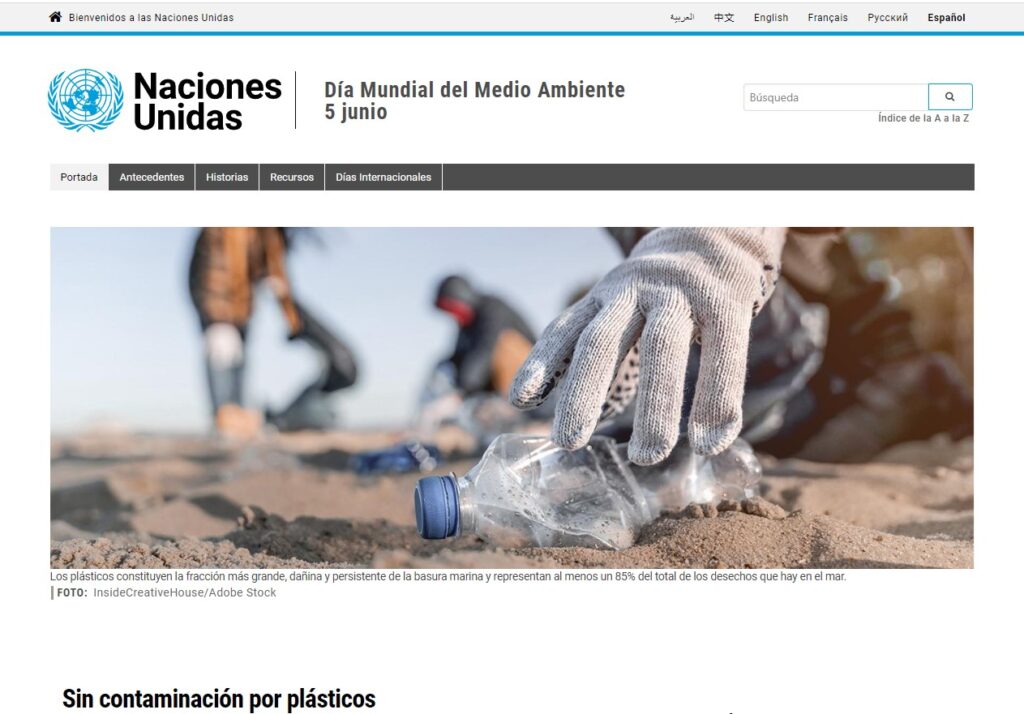
Further information
The objectives and contents of this proposal can be related to two other dates for which there is specific content: World Water Day (22 March) and International Day against Climate Change (24 October). It can also be linked to International Mountain Day (11 December). Also noteworthy is the celebration (17 June) of the International Day to Combat Desertification and Drought.
A detail
In 2022, coinciding with this 50th anniversary, the slogan “One Earth” was replicated, stressing the idea that we are all in the same boat, and that all actions, however far away they may be, end up having repercussions and affecting us. This is why global solidarity is needed. On the Environment Day 2022 page you can find information on individual actions that can hel improve the planet. You can also access a lot of testimonies in audiovisual documents: We have #OnlyOneEarth (World Environment Day 2022)
In 2022, coinciding with that fiftieth anniversary, the slogan “One Earth” was replicated, stressing global solidarity, as we are all in the same boat and even the furthest away can affect us. Among the actions to be taken by citizens, governments and businesses is the prevention of and action against plastic pollution (central theme of World Environment Day 2023), facilitating the transition to a circular economy. On the World Environment Day website we have much more information about it all. This video also tells us about it.
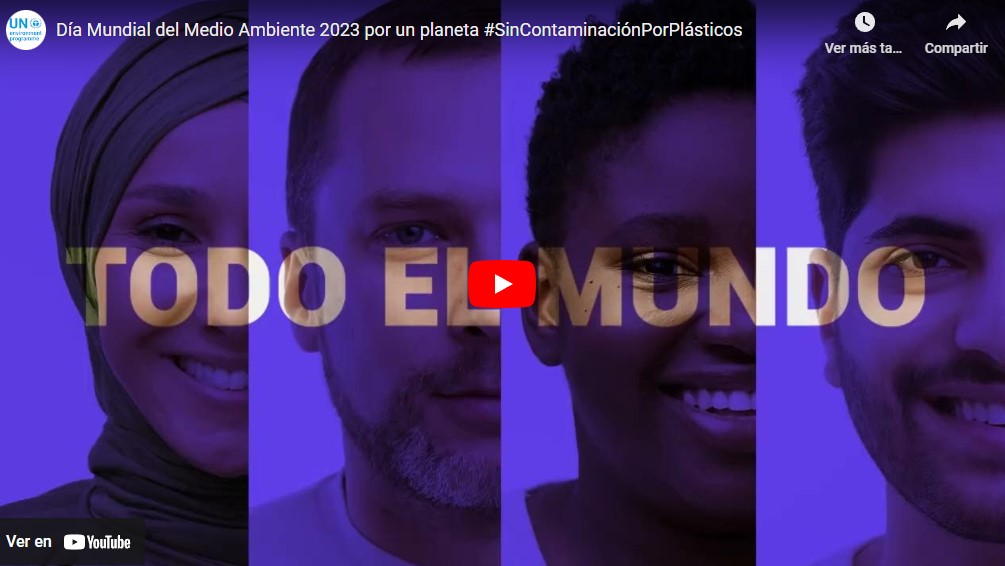
The big decisions on sustainability strategies and patterns are made by national and regional governments, financial institutions, companies, and international organisations with the power to rewrite the rules and open up new horizons. But in addition to the big players, individuals and civil society also have a role to play in advocacy, awareness-raising and participation. The more we raise our voices, the more we can help change.
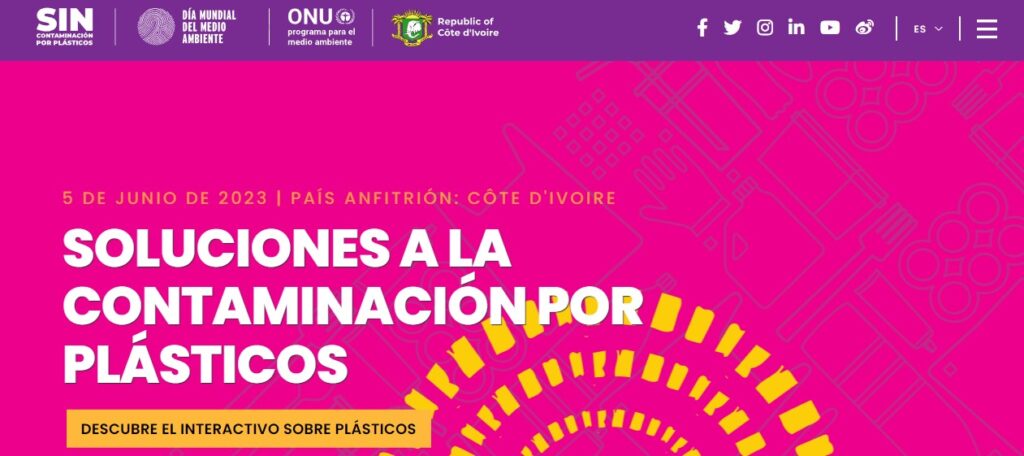
In Aragon…
Since the second half of the 20th century, there has been a long history of environmental demands in Aragon, historically linked to the defence of the territory, largely from civil society and, little by little, also taken on by the institutions. Long conceived as a matter of general interest, environmental management is the responsibility of many agents and entities (including local ones). At the regional level, the Aragonese Institute of Environmental Management is the body specialised in processing files. On the website of the Government of Aragon, it is possible to explore different environmental issues underthe jurisdiction of the regional administration, the different services and a very wide range of information. For example, there we can find out the details of the Strategic Environmental Study within the Feder Aragon 2021-2027 Programme (“Building Europe from Aragon”).
In our community there is a very abundant and detailed legislation in relation to environmental management, which to a certain extent applies the Spanish Law on Natural Heritage and Biodiversity and also the European directives. The Law on Protected Areas of Aragon stipulates different types of protection, such as the areas included in the Natural Network of Aragon, the cataloguing of endangered species of flora and fauna, etc. In all this area, the Nature Protection Council of Aragon is a collegiate, consultative and participatory body for the protection of nature and the rational use of its resources. In its actions, it takes into account ecological, social and cultural criteria. It is made up of persons of recognised competence in disciplines related to the study, protection and management of the environment.
A reflection
When it comes to raising awareness of environmental issues, we find a serious obstacle in major economic interests, speculation, excessive attention to the “market” and the urgency of immediate profit. These interests are driven by very influential actors who prevent a long-term vision and feed the idea that questioning certain growth models is against progress.
We suggest reading and commenting on the article “Now it turns out global warming is left-wing” by Sergio C. Fanjul in Retina / El País (July 2022): in it he talks about the bias that is often given to policies that show environmental concern, as if drawing attention to aspects such as global warming responded only to ideological issues. It can be an interesting element of conversation in baccalaureate.

Suggestions for teachers
This topic is very interdisciplinary and offers many possibilities as it has a very definite link with daily experience, with the environment, with consumption habits and daily attitudes, and with commitment to others and to the environment, starting from the individual.
It has probably already been explored at the school, but we cannot resist mentioning “SDG Reality”, an educational programme of the Government’s Department of Education, Culture and Sport whose main objective is to engage the educational community with the 2030 Sustainable Development Goals. In any case, the contents and proposals presented there can be extremely useful.
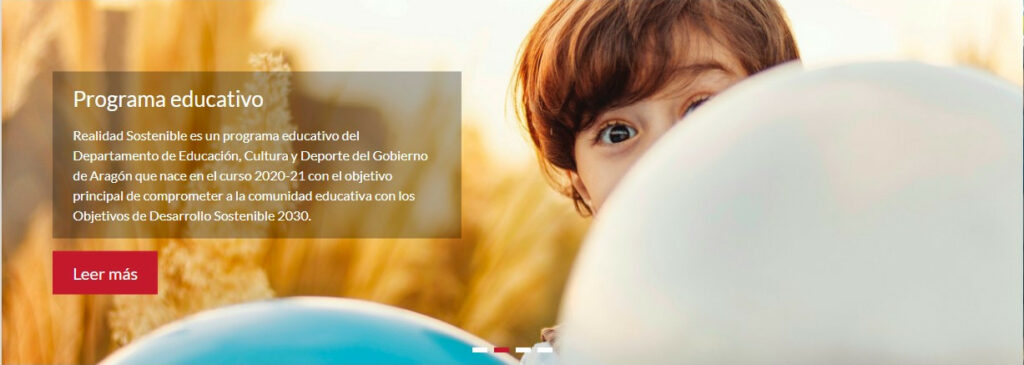
To give an example, there is a very interesting chronicle about a conference on climate change in the Aragonese curriculum (#AragonClimateWeek)
We suggest simple research on different contents shown on the website of the Government of Aragon regarding Biodiversity, on issues such as the Aragonese Biodiversity Strategy, the Natura 2000 Network, European projects, or action plans on endangered species, etc. In this sense, more specific activities can be proposed to students around the Catalogue of Endangered Species of Aragon (flora and fauna).
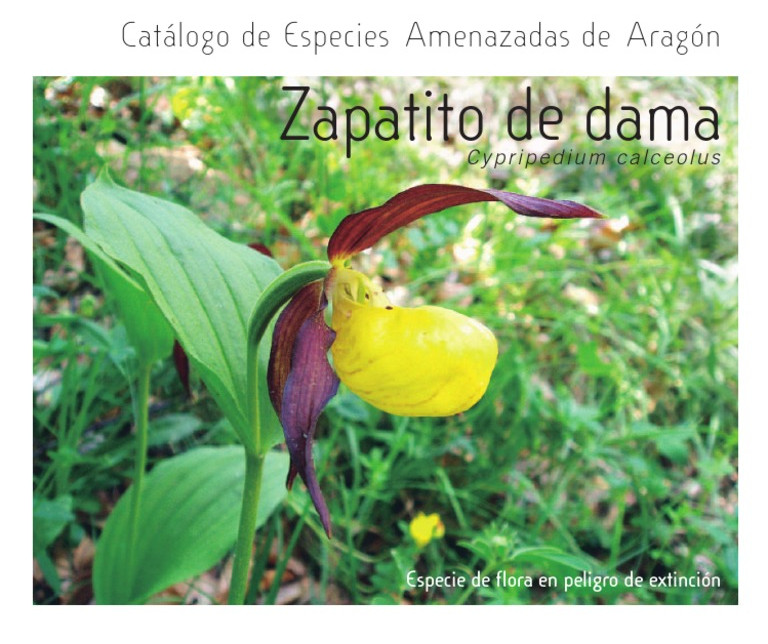
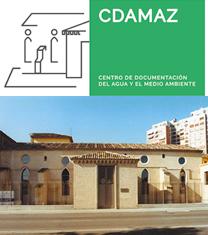
It is highly recommended to work with resources such as those provided by Zaragoza City Council through the Water and Environment Documentation Centre. This centre supports research, knowledge, study, education and dissemination of environmental issues, favouring access to environmental information and citizen participation. We recommend consulting its website and, if possible, visiting the site (refectory and chapels of the former convent of Santo Domingo), which also has a unique historical and heritage value.
Beyond the Aragonese framework, there are different pages that offer multimedia activities on the Environment for Secondary Education, such as “Environmentech” (“Ambientech”), or Education 3.0, with resources to work on World Environment Day: documentaries, interactive, games… among which, for example, there is a link to download the game World Rescue.
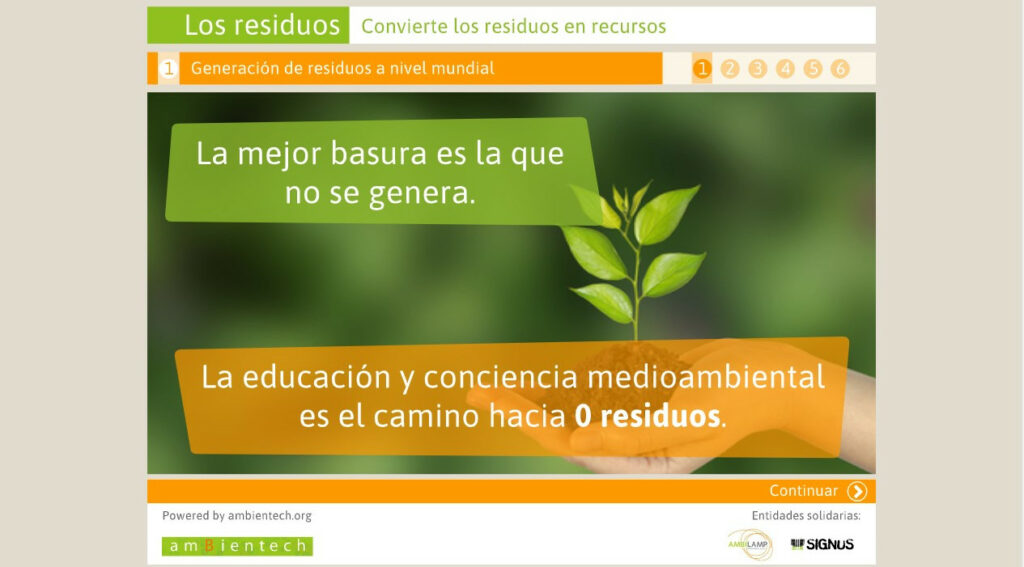
Throughout Secondary Education, the Aragonese curriculum incorporates elements related to sustainable development and the environment, as well as protection against emergencies and catastrophes, having among its general methodological principles teaching for understanding, the promotion of creativity and critical thinking, learning by discovery, preparation for solving everyday problems, and the relationship with the social and natural environment, with an emphasis on health education and environmental education.
Objectives that this proposal helps to achieve
ESO:
- To develop basic skills in the use of information sources in order to acquire new knowledge with a critical sense. To acquire a basic preparation in the field of technologies, especially information and communication technologies.
- To conceive scientific knowledge as an integrated knowledge, which is structured in different disciplines, as well as to know and apply the methods to identify problems in the different fields of knowledge and experience.
- To critically assess social habits related to health, consumption, care of living beings and the environment, contributing to their conservation and improvement.
Baccalaureate:
- To know and critically assess the realities of the contemporary world, its historical background and the main factors of its evolution. Participate in a supportive way in the development and improvement of their social environment.
- To have access to fundamental scientific and technological knowledge.
- To know and critically assess the contribution of science and technology in changing living conditions, as well as strengthening sensitivity and respect for the environment.
Subjects with whichi it can be linked
- Biology and Geology / Geography and History / Ethical values (ESO, 1st and 2nd cycles)
- Economics / Scientific culture (ESO, 2nd cycle)
- Baccalaureate: To be assigned according to modality. For example, Earth and Environment Sciences, without excluding others
Development of competences
- Social and civic competences
